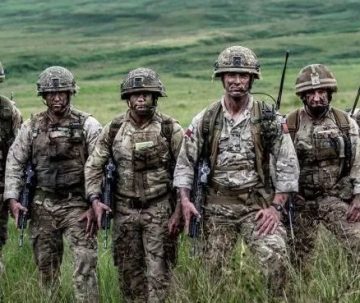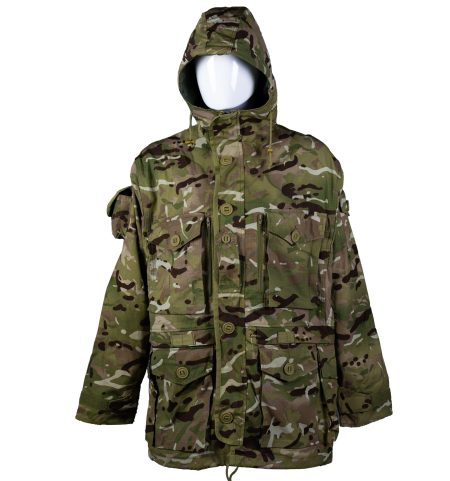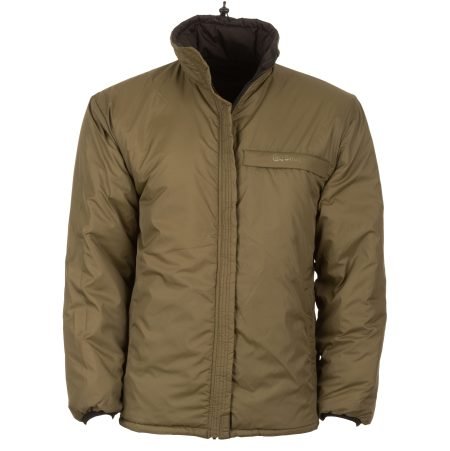The Paras are the soldiers of the Parachute Regiment, obviously if you’re not in the Army you may or may not have heard of them but for those that don’t, quite simply, Paratroopers are basically Para trained Infantry soldiers of the British Army, they have undergone the usual Infantry training and than gone onto P-Company which weeds out those whom in the eyes of the team not up to the standard, after this they have undergone further further training to get their wings that are proudly worn on ther jackets.
After passing P-Company soldiers have earned the right to wear the Maroon Lid of the Parachute Regiment, before they get their wings.
In this article we will be focusing on the “Paras” themselves and the Infantry soldiers of the Parachute Regiment, Paras themselves have the same job description as other Infantry soldiers which is closing and killing with the enemy and seizing and holding ground, they are elite and trained to high standards, so if you fancy a demanding, rewarding and exciting role than this may be for you.
For an infantry soldier it’s basically up close and personal; your there to kill enemy combatants but also at the same time being a professional, you could be engaging enemies in massive fields or enclosed environments like villages and built up areas like streets, fighting doesn’t just take place in nice big open areas like portrayed on films with fields, it’s literally at arms reach at times and you could literally be throwing a grenade through a door and when that grenade explodes running into it with your heart beating faster than you’ve ever imagined.
Being an Infantry soldier is demanding in itself, your expected to get fit to preferably that of an athlete as your expected to carry massive amounts of weight for miles on end, get to a destination and be ready to go from there to engage with and destroy enemy forces.
The Parachute Regiment themselves have a pride in being a cut above the rest and that distinction which comes with it, they enjoy almost a celebrity status in it (or arrogance?) but there is no doubt they are and always will be a force to be reckoned with.
For those wanting to view an excellent documentary on the Parachute Regiment itself is The Paras: Men of War, and I found it to be one of the more honest documentaries to watch with regards to the mentality and discipline of those whom wear the Maroon Lid.
The soldiers of the Parachute Regiment are of course trained to jump from high altitudes with heavy loads and be self-reliant with what they have on their persons, in life threatening environments, and the instructors demand higher standards than they average soldier of the Army, anyone not fully dedicated simply won’t be passed.
There are current details on the roles for regular applicants from the British Army Website.
The Parachute Regiment in itself is not an independent component of the British Army, like any other structural organisation each unit or regiment may fall under the command of any unit, for example, the 1st Battalion Parachute Regiment come under the auspices of the Special Forces Support Group which is the dedicated unit which supports Special Forces on operations such as the SAS or SBS, the SFSG is made up on soldiers from the Royal Marines, RAF Regiment and of course 1 Para.
It was during Op Herrick in Afghanistan that the Para’s really made a name for themselves in recent years stubbornly holding their ground when surrounded by Taliban insurgent’s day and night being outnumbered and running dangerously low on food, ammunition and water, everything, but with the benefit of being supported by accurate long-range artillery.
Here are the basics from the British Army website
Step 1
You start with the 30-week PARA Combat Infantry Course at Catterick. This includes your basic training and Infantry training (Phase 1 & 2), plus the famous ‘P’ Company training and tests. You learn skills such as survival, firing weapons and map reading. You also get your category B (car) or C (HGV) driving license. If you’re under 17 years and 5 months, you do basic training at the Army Foundation College Harrogate (for 49 weeks) and then 14 weeks at Catterick.
Step 2
Next, you do a three-week jumps course. You join your Regiment as a fully trained soldier, wearing your wings with pride.





